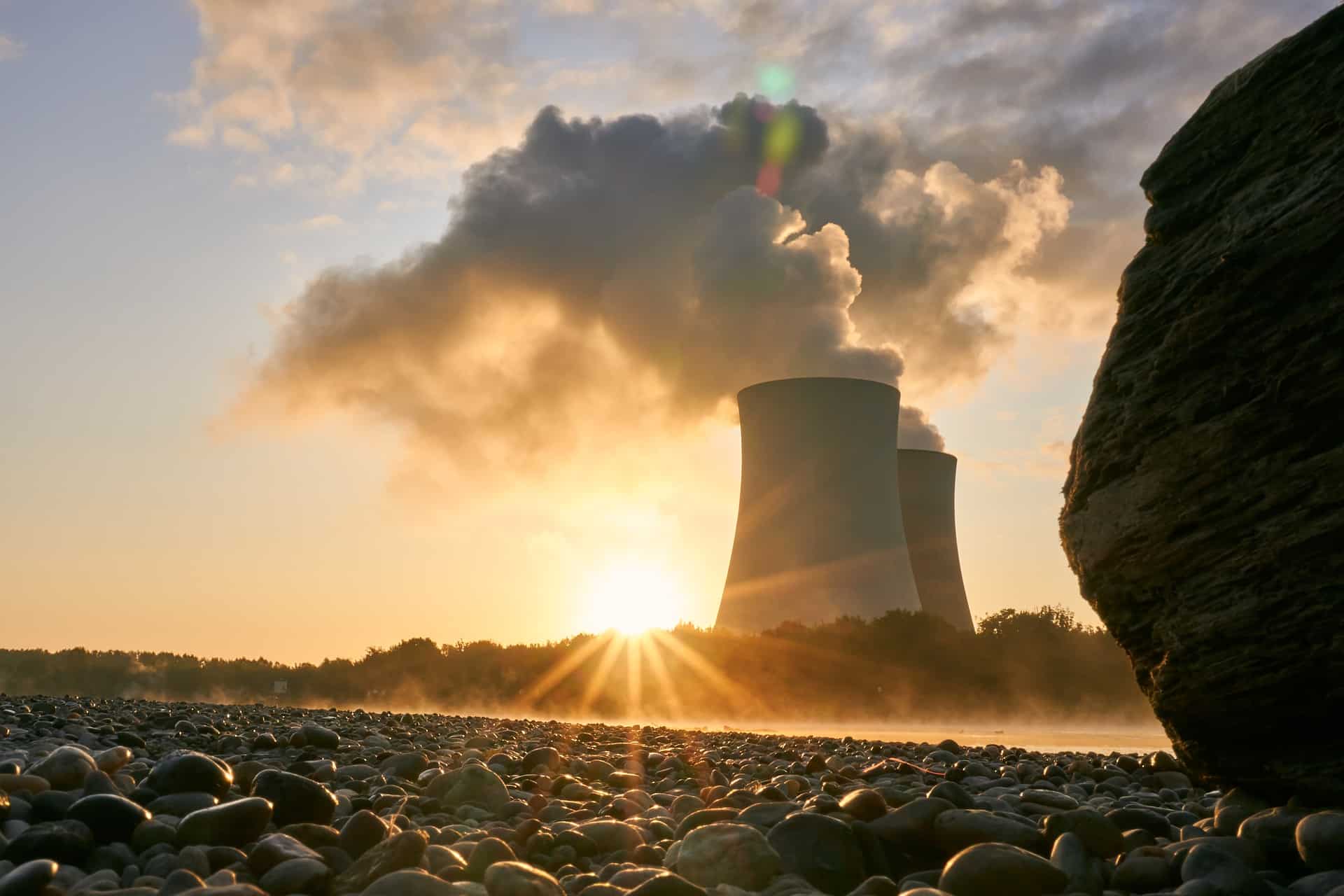The International Atomic Energy Agency (IAEA) has approved several technical cooperation projects with Qatar, spread over 2022-23, official sources have said.
The projects are expected to be in the field of peaceful uses of nuclear energy, said the sources.
The Ministry of Environment and Climate Change of Qatar, represented by the Radiation and Chemical Protection Department, said that the projects cover, among other things, several areas of food safety that will be implemented with the Ministry of Public Health.
They are also expected to strengthening national capabilities in radiological diagnosis of diseases with Hamad Medical Corporation and Sidra Medicine, besides fortifying the supervisory work on radiological applications in the medical, industrial, and environmental fields.
The fortification will apparently be implemented by the Radiation and Chemical Protection Department.
The projects are also expected to lead to the establishment of a secondary calibration laboratory for radioactive devices which the largest of its kind in the Middle East, with the aim of improving radiation protection programs in Qatar.
The country has 35 technical cooperation projects with the IAEA, including 10 national projects, 23 regional projects, and two projects at the global level.
These have been implemented through more than 10 different institutions in the country.
The Radiation and Chemical Protection Department follows up on these projects with the various entities and institutions implementing them within the country.
These projects are said to cover the areas of agriculture, improving animal production, combating diseases, medicine and human health, strengthening control over radiological activities, and environmental radiological survey.
They also reportedly cover combating the effects of climate change, developing human capabilities in the field of peaceful uses of atomic energy, environmental survey of the seas, plastic pollution, antiquities, food safety, and groundwater.

